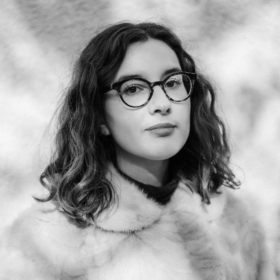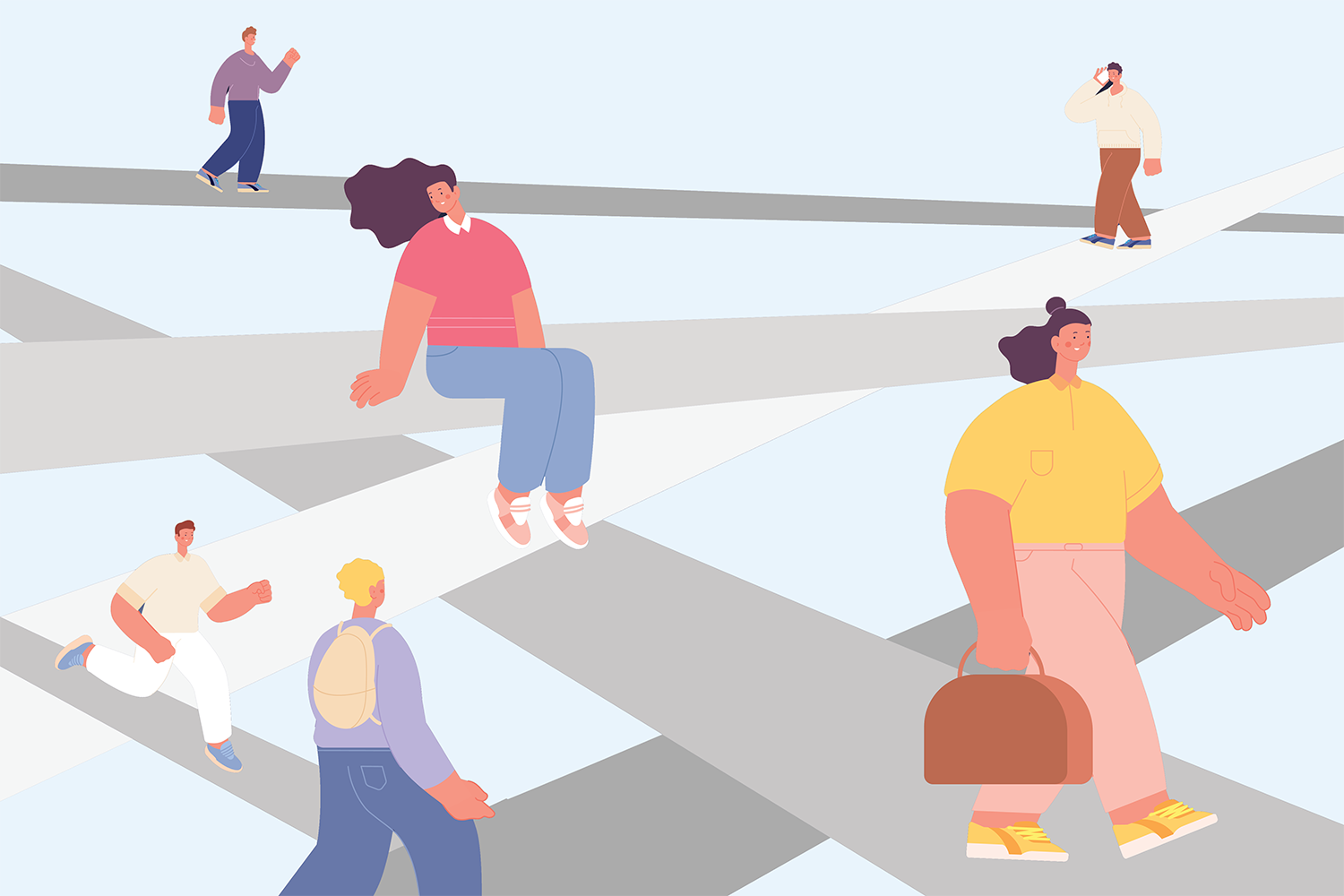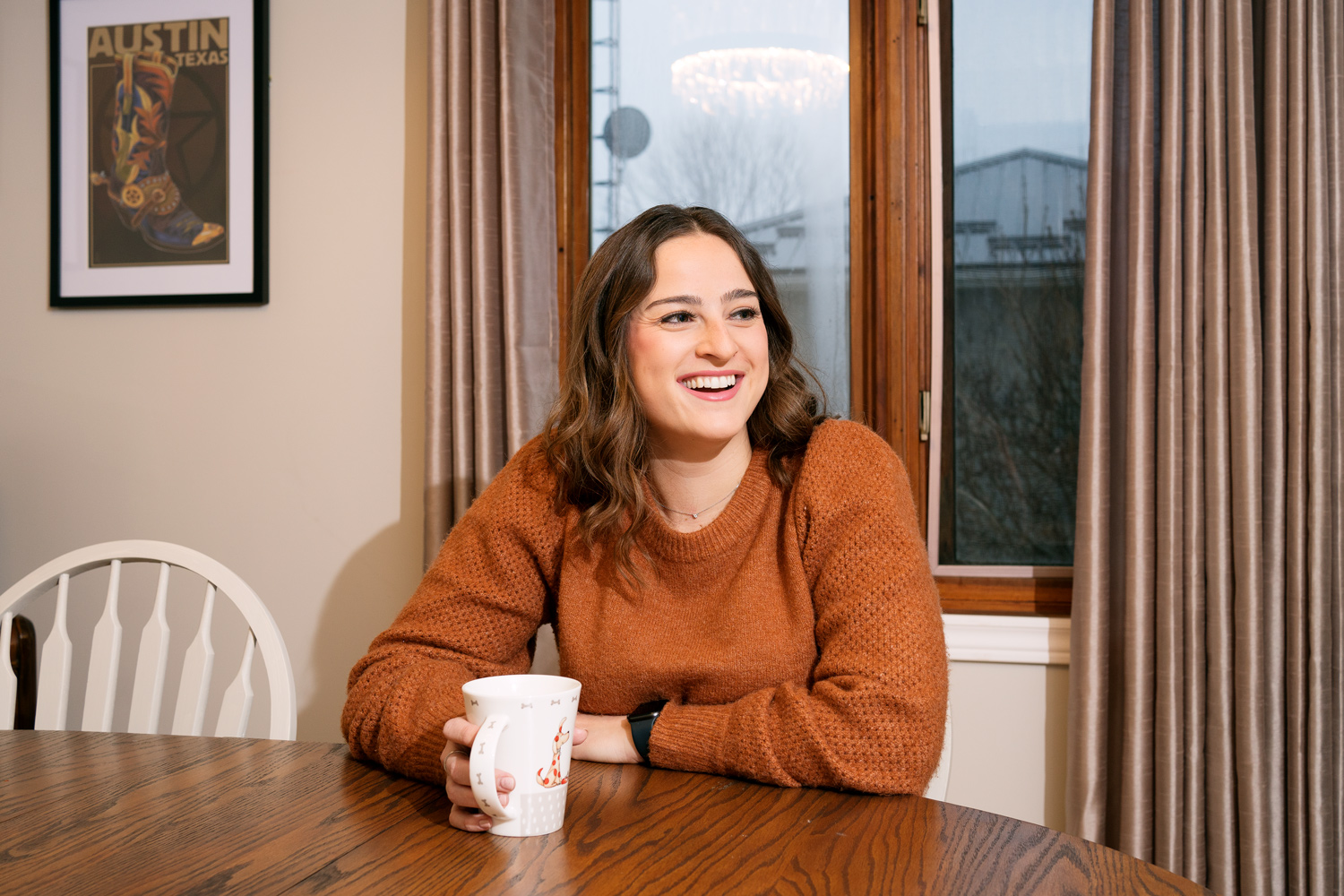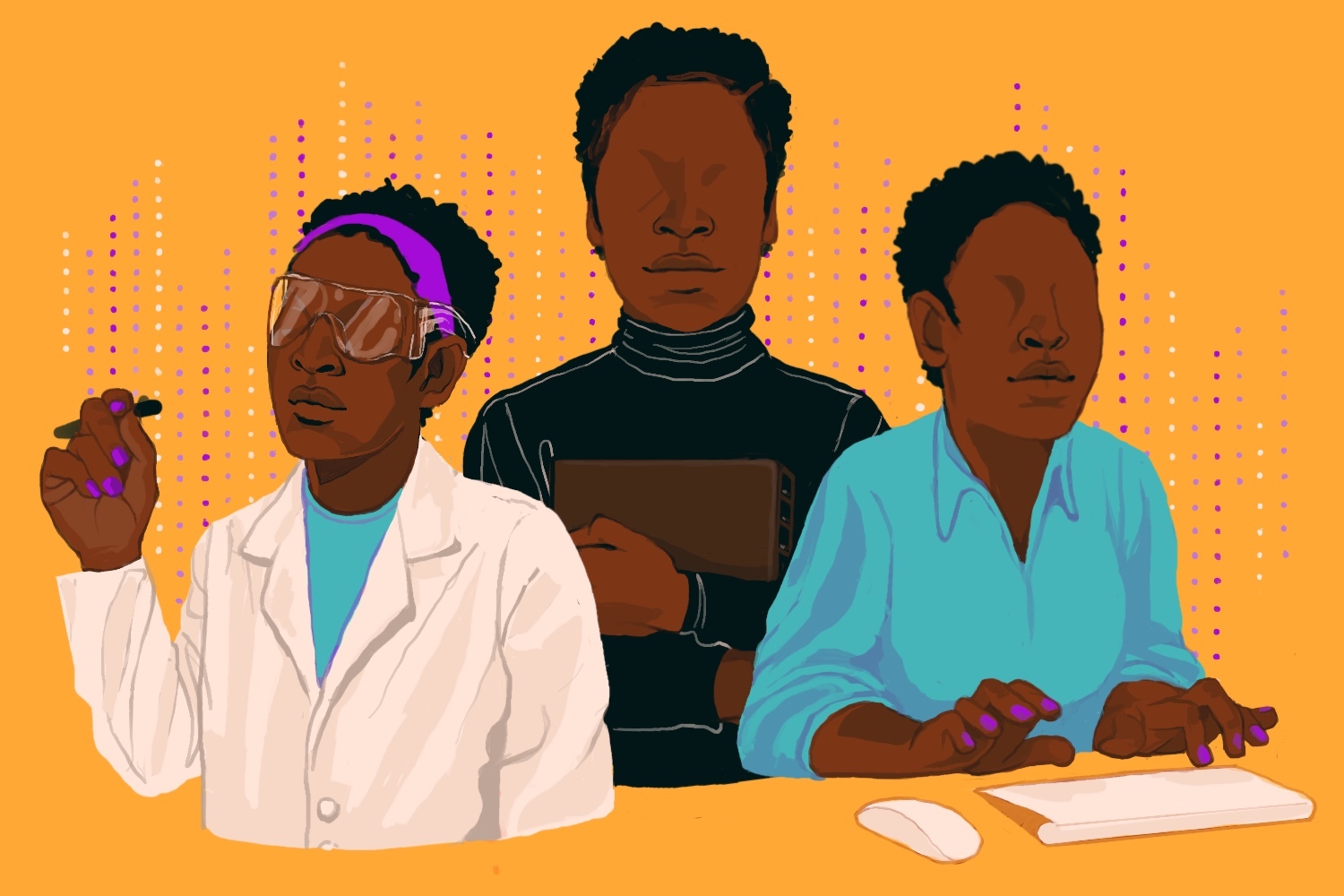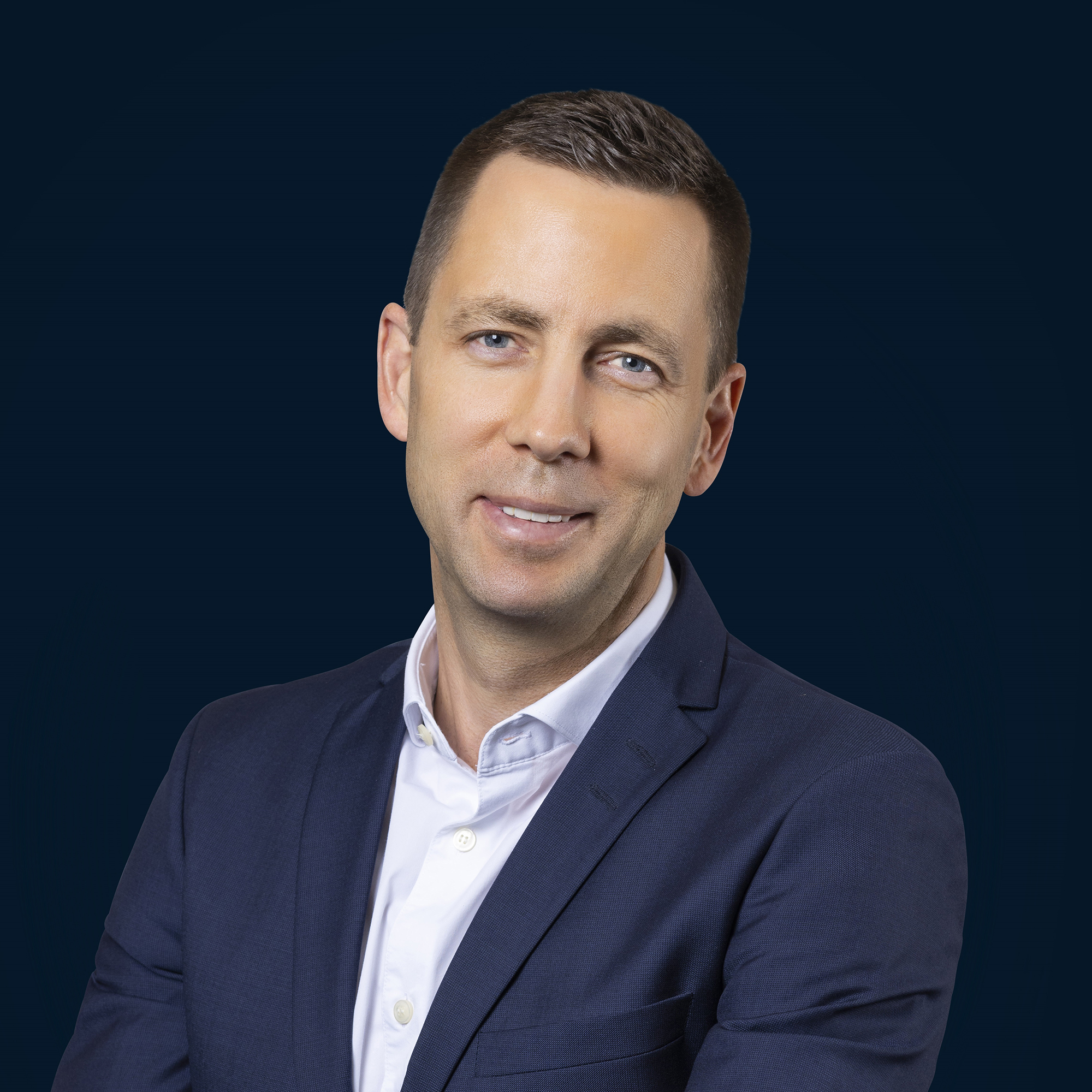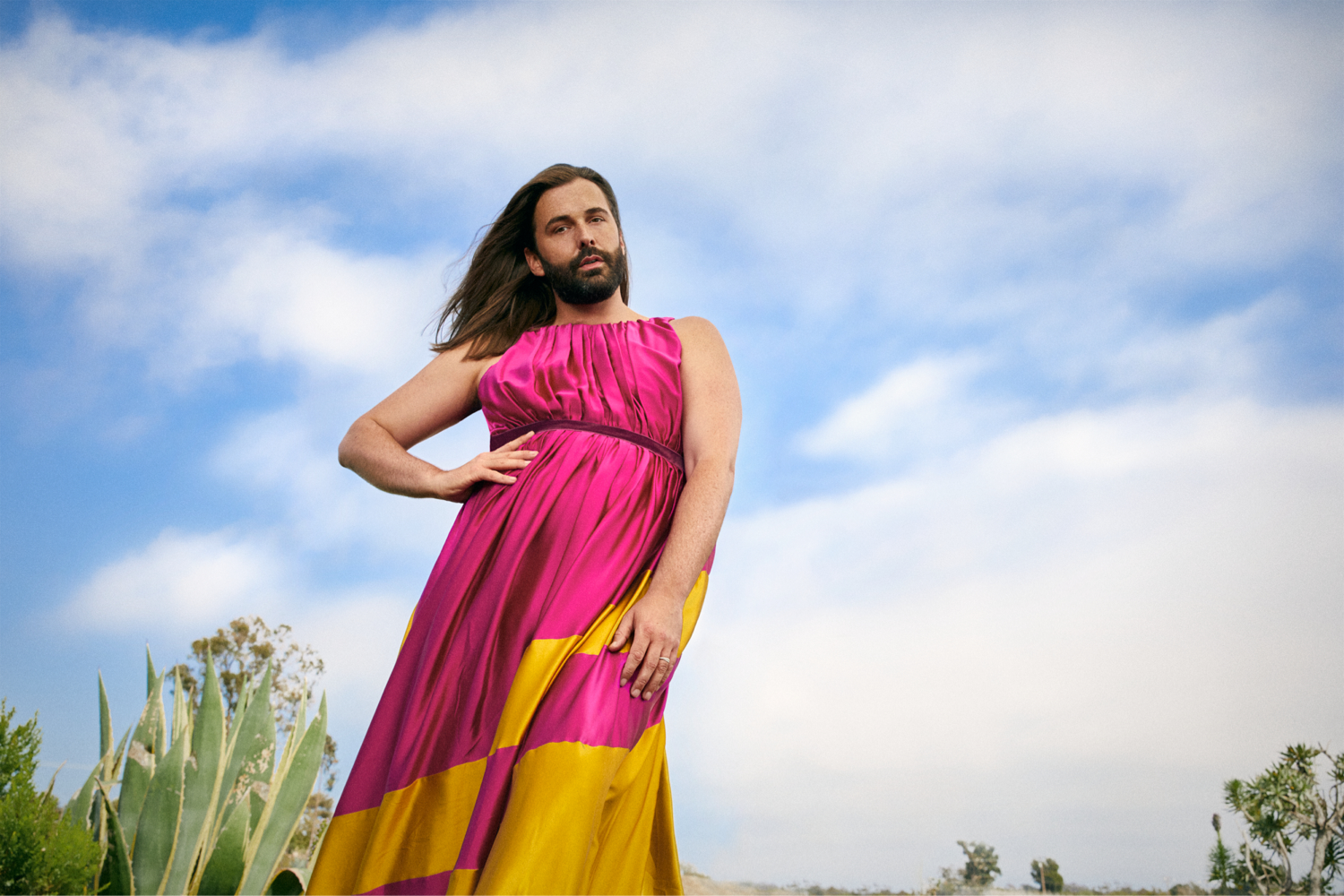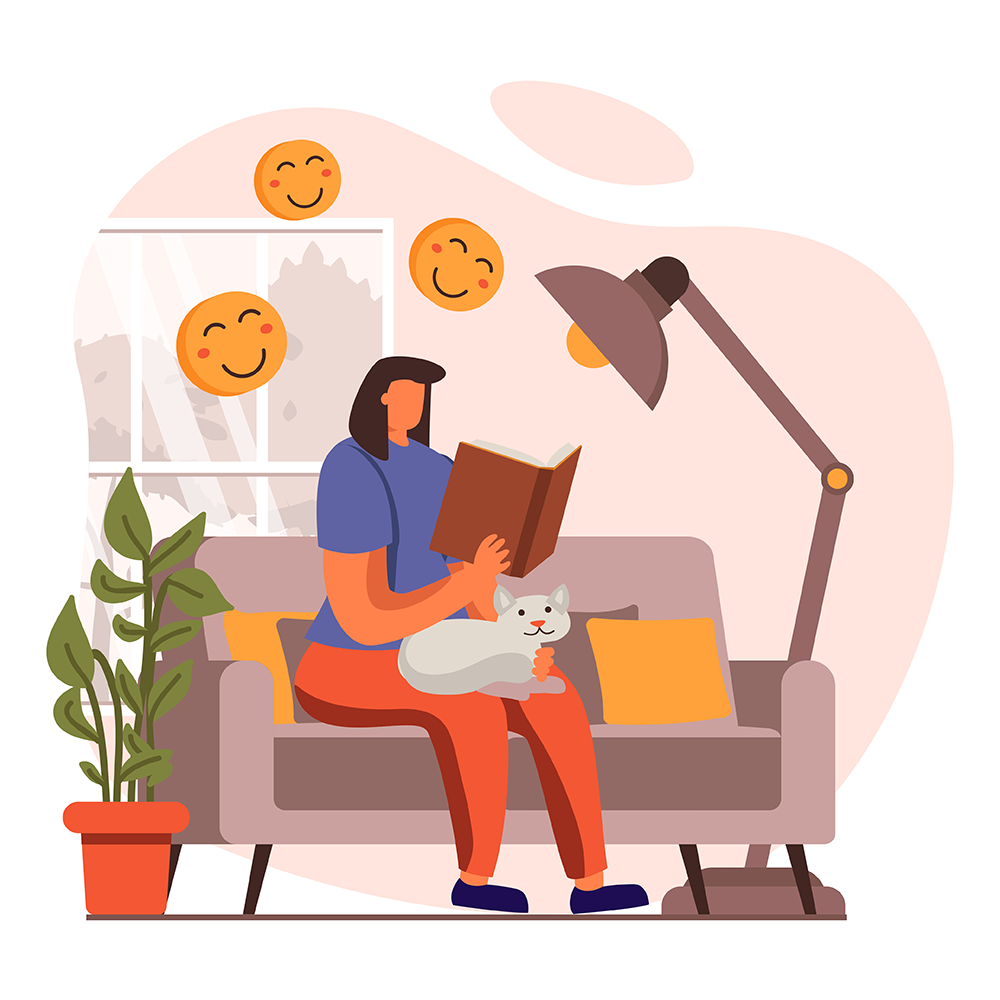Why These Women Have Given Up On ‘Having It All’
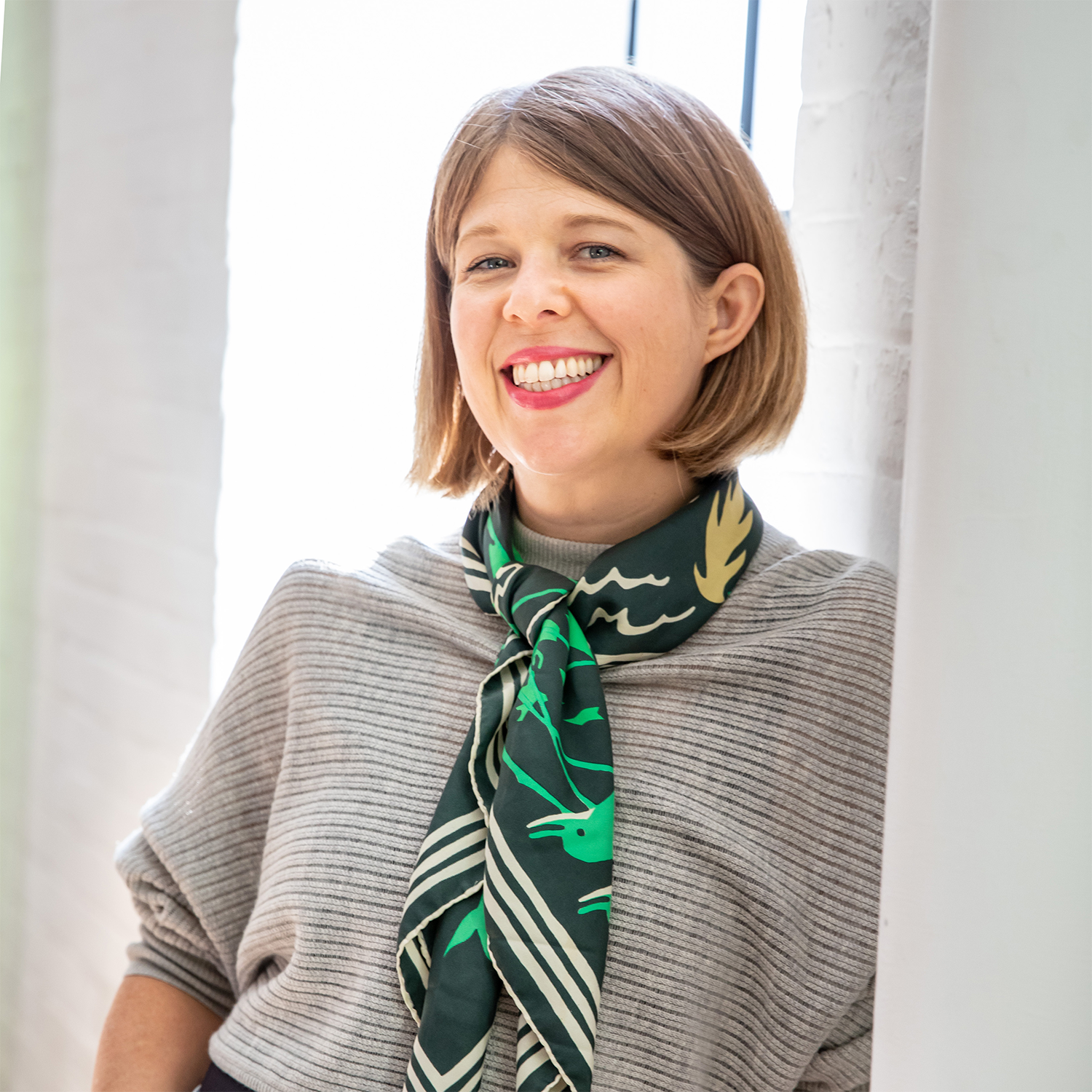
A viral New York Times op-ed published early in the pandemic argued that in a Covid economy, you can have a kid or a job—not both. The piece sparked conversations about the myth of “having it all” and how women, in particular, face tough choices when it comes to balancing their personal lives and careers.
Two years into the pandemic, more women are either leaving the job market due to child care responsibilities, or significantly delaying or entirely giving up on having children to focus on their careers. Another concern the pandemic—and the current state of global affairs—has raised for women is whether they even want to bring children into a world with such an uncertain future.
CB spoke to five Canadian women who made significant life changes during Covid after grappling with the impossibility of having it all.
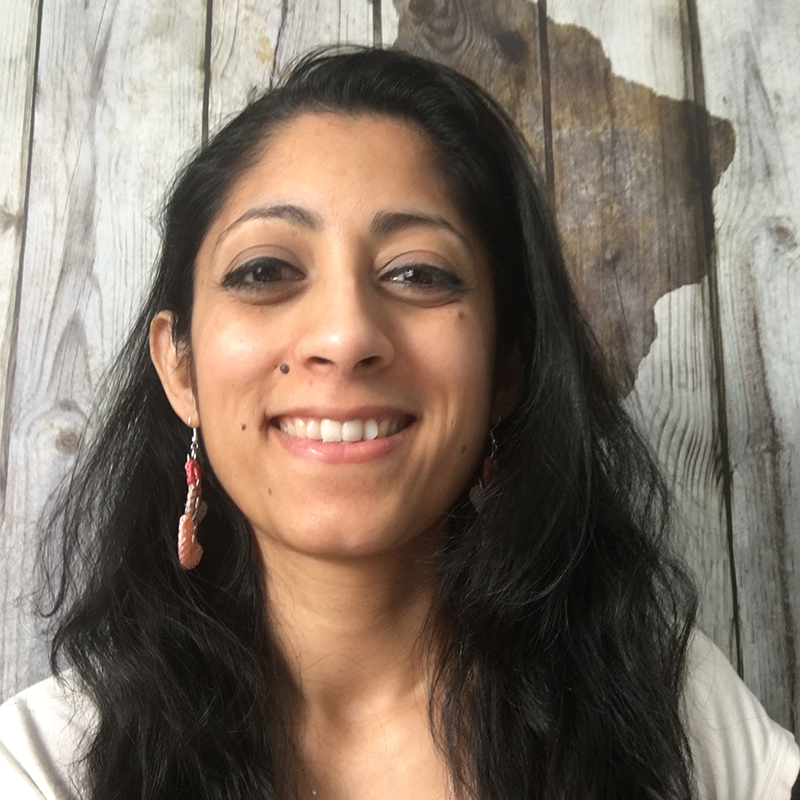
Tina Sequeira, Montreal
Before the pandemic, I was working in a job that I loved at a marketing agency in Montreal. Many of our clients were travel and hospitality businesses, so we were hit hard by Covid. When lockdown started, I was seven-months pregnant and had a very hyper two-year-old. Suddenly, I was expected to work a full-time job from home with no child-care help. My husband works outside the home, at a company distributing car parts, and his work was considered essential, so he was still going out to work every day. My mom was supposed to fly in from where she lives in Panama, but the travel restrictions meant she wasn’t able to come and help. I was doing the job our daycare provider would normally do while juggling Zoom meetings with clients and co-workers.
Once my mat leave started, I was worried about falling behind in my career, so I started my own business: a travel-themed subscription box called Trouvailles. Even though I was in a zombie state from sleep deprivation, the idea excited and motivated me. During the million midnight nursing sessions, I’d do bits and pieces of business planning, and put ideas and research into a Google Tasks list on my phone. It kept me feeling sharp while I was off work.
I came back from my mat leave in June 2021 and was shocked by how significantly my role had changed. I was assigned a lot of work I didn’t have much previous experience with. It became difficult for me to see how I could continue to hold down the challenges of my full-time job and take care of my kids. I was constantly having to ask for time off work. My managers tried to be supportive, but I felt guilty. I wasn’t performing at my best, and it was the first time in my life I’d ever felt like that.
It was a huge disappointment for me to let go of the career I worked so hard on. If it weren’t for the pandemic, I never would have left my job. Now I work on Trouvailles part time while taking care of my kids. The fact that I’m able to do so much work on my phone or on the go is a lifesaver. I designed a schedule with minimal hard deadlines to make it more realistic to juggle with child care. I don’t have the kind of regular meetings or Zoom calls that you would in an office job. (I contact suppliers and vendors whenever I’m available.) Because I’ve managed to craft my business around the flexibility that my family life requires, I don’t feel like I’m letting anyone down when I need a day off anymore.
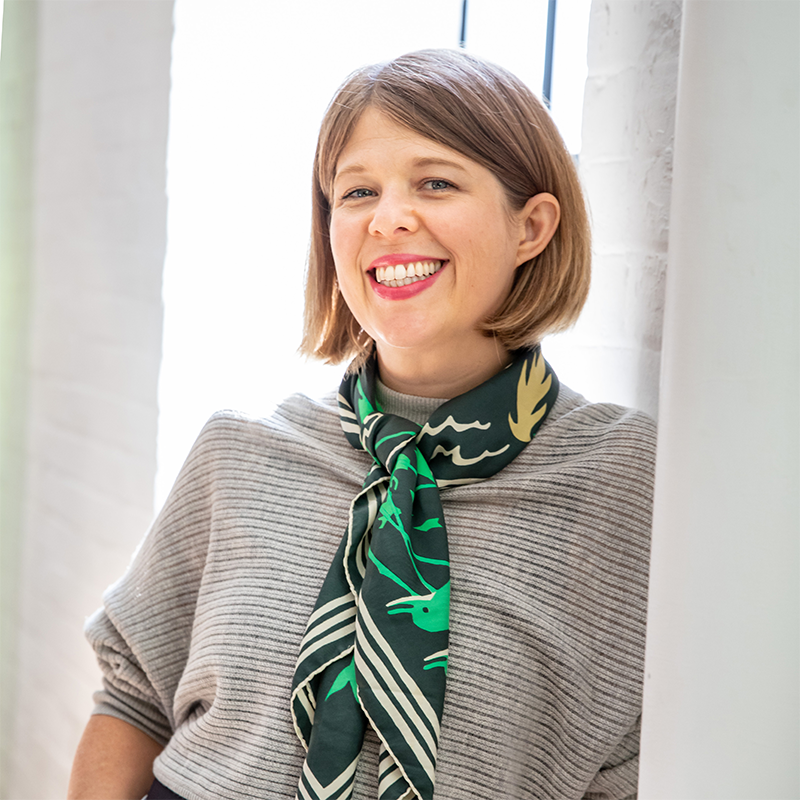
Devon Scoble, Toronto
From a young age, I believed that I would do something big with my life. In high school, this solidified into the idea that I would write a novel, but not just any novel: an important novel that touched and inspired readers and made me a household name. I’m 43 now, and I’ve held onto this dream my entire adult life. I did manage to become a full-time writer—I’m the head of content at a digital health company—but I haven’t written that book yet that will make me famous.
In the pandemic, as we all started re-evaluating what “essential” means in our society, I began questioning what it means in my own life. Where did I get the idea that fame was proof of worth? Was it ego? Was it capitalism? I felt like a failure because I hadn’t written a big, world-changing novel, but the truth is I’d spent over a decade as a writer and editor, doing work I love, earning enough to raise my nine-year-old son in a city I love, surrounded by people I love. It was clear to me that capitalism is a flawed framework for building healthy communities, so why was I using the same framework to evaluate my own worth?
If the pandemic hadn’t happened, I think I’d still be clinging to this idea that I haven’t achieved enough. But the experience of living through Covid has been so exhausting that I no longer have the emotional space to hold ideas that don’t serve me. I’m a mother, a partner, a friend and a great dinner party host. None of these things bring me fame or money, but they bring me joy and a sense of purpose, and that’s enough.
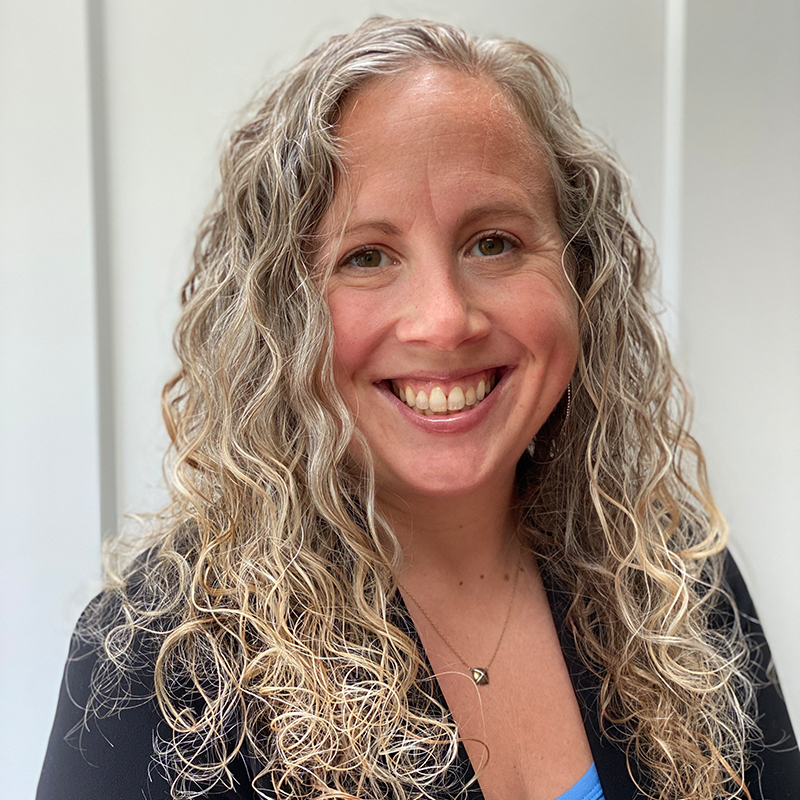
Claire Lukka, Toronto
When I had my first child in 2015, the option of taking an 18-month maternity leave wasn’t legislated yet. I really wanted to stay home longer with my daughter, but working as an engineer in a male-dominated industry, I knew that would have affected my colleagues’ perception of my ambition. My daughter couldn’t even walk yet when I dropped her off at her first day of daycare. It just didn’t feel right.
In June 2020, my company went through layoffs, so I made an impulsive decision to take the voluntary exit package. It was pretty unexpected for my colleagues—I had just received a promotion and was very much on an upward trajectory within the company. But I was pregnant with my second child and knew it would enable me to stay home longer with my kids.
My husband had just gotten a promotion, so he wouldn’t have been able to take time off for child care when in-person school closed. With me at home, we didn’t have to worry. I know that if I had still been working, my six-year-old would just be watching TV all day.
The experience of having a baby in the pandemic has been extremely isolating, though. During my first mat leave, I found all sorts of things to do to stay connected. I volunteered at an organization called Roots of Empathy, where I would bring my baby to schools to teach seven-year-olds how to empathize with someone younger than them. But with lockdowns, I didn’t have those outlets anymore.
Ultimately, I’d like to find part-time work, but that doesn’t really seem to exist for engineers. I’ve found that I either work minimum wage or go back to work full-time. I feel a little adrift, in the sense that I no longer have a career plan or a life plan. Being home with the kids all day definitely makes me feel a little lost; that sense of purpose that comes from working is lacking.
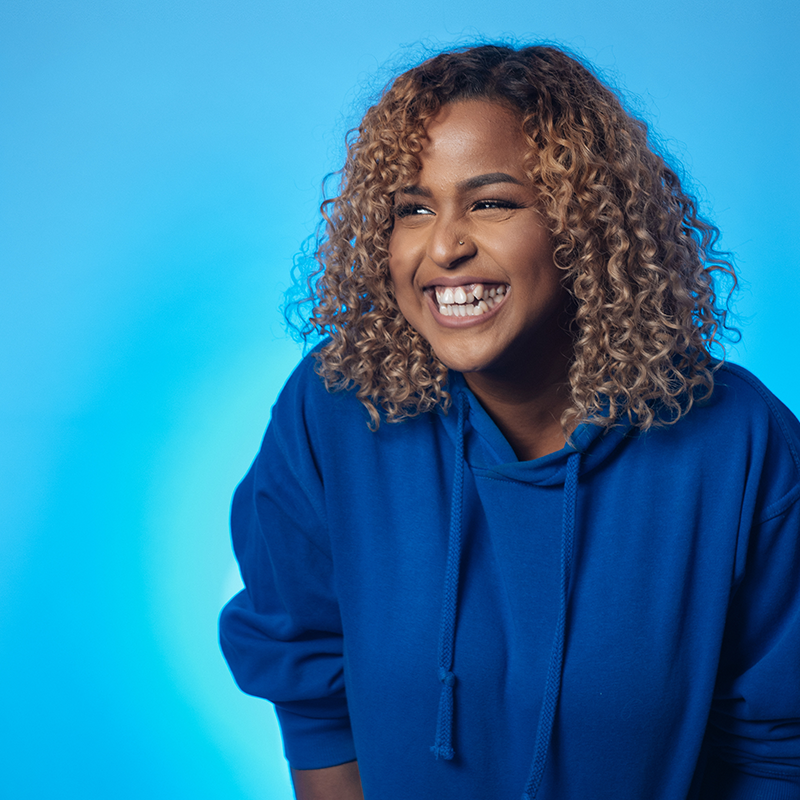
Fatuma Adar, Toronto
Growing up in a Somali-Canadian household, I was raised to strive to be the best at everything I do. I am the oldest child and only girl in my family, so I always felt like my family was counting on me to build something in this country that we could all be proud of. When I decided to become a writer, I found it really hard because I couldn’t put anything to paper that wasn’t perfect.
When the pandemic started, my career was picking up: I was getting screenwriting opportunities; I became an artistic producer at Obsidian Theatre Company; and I started writing a comedy pilot after receiving a CBC grant. I began to feel an incessant need to slot work into every hour of my day, which inevitably led to me feeling burnt out. I had a revelation while listening to a self-help podcast that work-life balance isn’t real; work is just a part of life. So if you’re perpetually working, that is your life. As I was trying to do more and more, I realized if I don’t figure out how to have time for myself, I’m just creating an unsustainable model for my life. I want to travel, discover new restaurants and build relationships with my friends and my family.
Earlier this year, I presented She’s Not Special—a musical comedy about all the ways I am not perfect—at Toronto’s Fringe winter festival. The songs, which I started writing back in 2019, were all about the ways in which I wasn’t living up to people’s expectations. When you’re a marginalized creator—I’m Black, Muslim and a woman—people view you as representing your entire community. That’s a lot of pressure for an emerging artist. Writing She’s Not Special was so freeing. I think it’s one of the best things I’ve written because I wasn’t preoccupied with the outcome. We also got incredible reviews.
When you do well at Fringe, a lot of people start reaching out to ask, “What’s next?” I did initially think I should write a new special right away. But I’m waiting until the right opportunity presents itself. If I overexert myself by working on several project at a time, it does a disservice to them all. Instead of working, I’ve gotten back into reading for fun. I was always an avid reader, but as my career picked up I wasn’t able to read for enjoyment as much. I’m currently reading Warsan Shire’s Bless the Daughter Raised by a Voice in Her Head and am remembering why reading is always a safe haven for me.
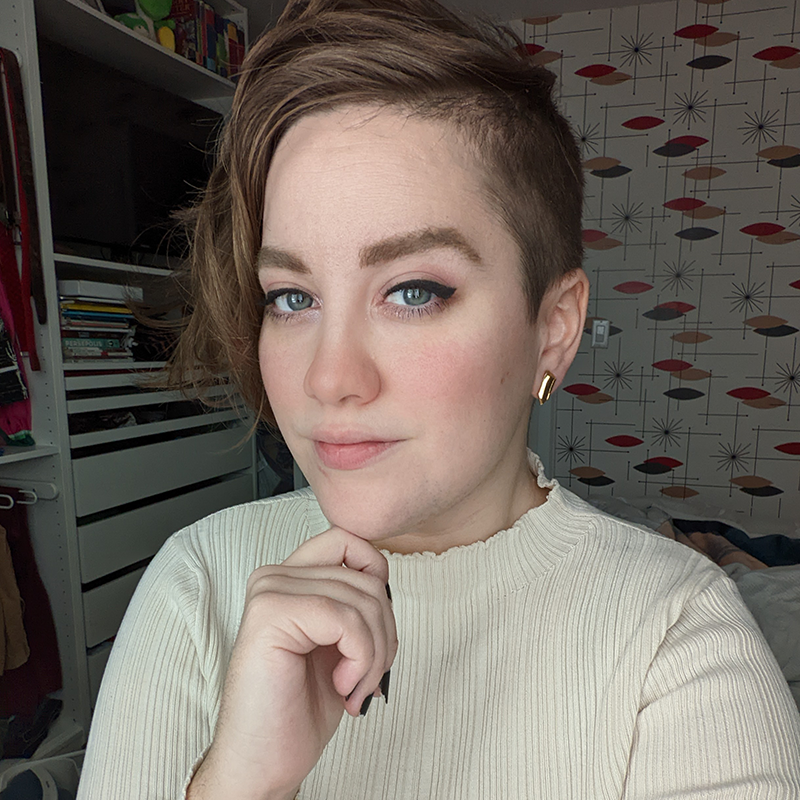
Zaira Gaudio-Fry, Toronto
In my early 20s, I prioritized finding a partner who wanted kids as much as I did. I just didn’t see a future in which I didn’t have kids. I met my husband, Ajay, when I was 23 and I’m 33 now. We were together for three years when we decided to get married. Part of the reason why we married young was because we planned on having kids within the next few years. Then life happened: My husband lost the job he had for 10 years and everything felt less certain. We decided to pause on having kids. By early 2020, we were starting to feel ready again. We planned a trip to Cuba in March 2020, which was supposed to be our last hurrah before we put all of our focus on having a baby. Then, obviously, the world changed.
I’ve had a lot of frank conversations with parent friends over the past two years about how much they struggle to provide their kids with attention and care while also working full-time and trying to take care of themselves. It all looked and sounded impossible.
The shift was already underway, but my decision that I didn’t want kids anymore really came to me when I decided to open a retail store. I started working on The Curious Cannabis Co. in January 2021 and we opened our doors last December. The store gives me a real sense of purpose and is a creative outlet. I renovated the shop, I’m responsible for all of the branding, and I’m able to share my passion for gardening through the seeds we sell.
Now I feel like my store is my kid. It takes so much out of me and I love it so much that I don’t want to step away from it in order to have a baby. I put my whole heart and soul and almost every waking hour into my business for the past year. I don’t want to give it up.
